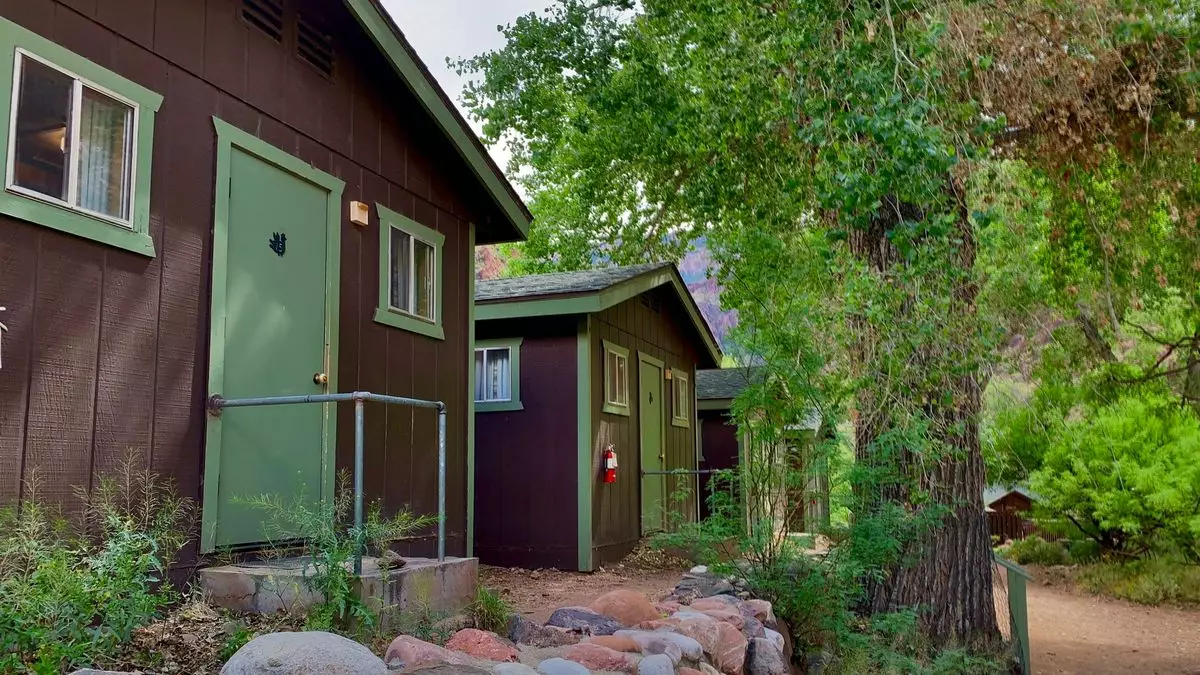Grand Canyon National Park recently made the difficult decision to suspend all overnight accommodations on the South Rim starting August 29th. The reason behind this drastic measure is a severe water shortage caused by significant breaks in the park’s primary water supply system, the 12.5-mile Transcanyon Waterline. This suspension affects popular lodges such as El Tovar, Bright Angel Lodge, Maswik Lodge, Phantom Ranch, as well as Yavapai Lodge and Trailer Village. These accommodations are operated by Xanterra Travel Collection and Delaware North, both of which will cease operations until at least September 4th.
While overnight accommodations inside the park are unavailable, visitors can still enjoy day use of the park as normal. This includes access to South Rim food and beverage services, the Grand Canyon Clinic, and the Post Office. However, for those planning to camp, only dry camping will be permitted on the South Rim. Campground spigots will be turned off, but bathroom faucets will remain operational to ensure basic hygiene needs are met. In addition, a fire ban has been implemented to conserve water and prevent any accidental fires in the dry conditions. This ban includes all wood burning and charcoal fires, including campfires, warming fires, and barbecues.
The National Park Service has shared that they have already started construction on a $208-million rehabilitation project for the Transcanyon Waterline, which was originally built in the 1960s. This significant investment is aimed at improving the water supply system to prevent future shortages and breaks. The project is slated to be completed in 2027, providing a long-term solution to the current water crisis facing Grand Canyon National Park.
The impact of a water shortage on accommodations at Grand Canyon National Park is a stark reminder of the importance of preserving natural resources and investing in sustainable infrastructure. While visitors may face temporary inconveniences due to the suspension of overnight accommodations, the park’s proactive approach to addressing the issue through construction and rehabilitation projects demonstrates a commitment to long-term environmental conservation. As we navigate the challenges of managing our national parks, it is crucial to prioritize the protection of these natural treasures for future generations to enjoy.


Napsat komentář